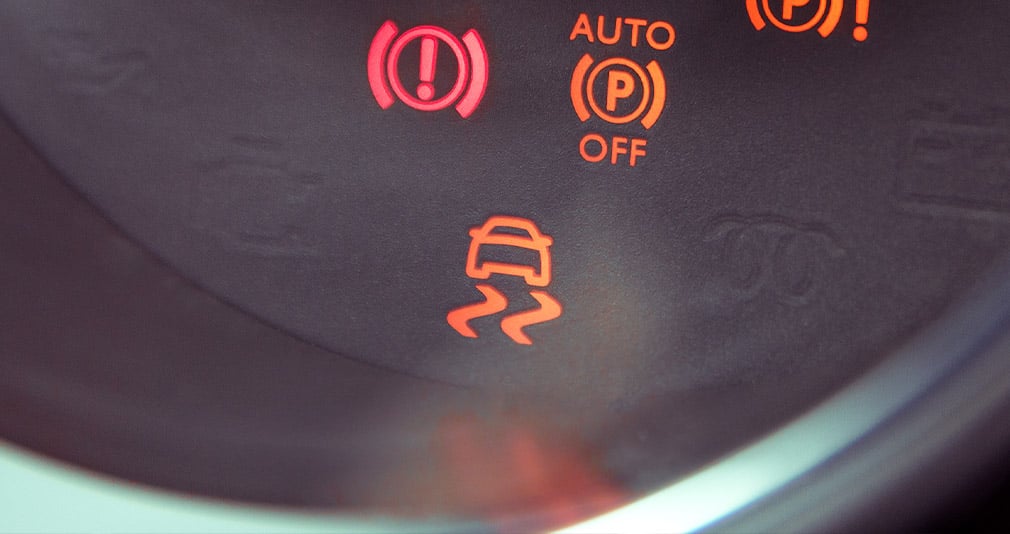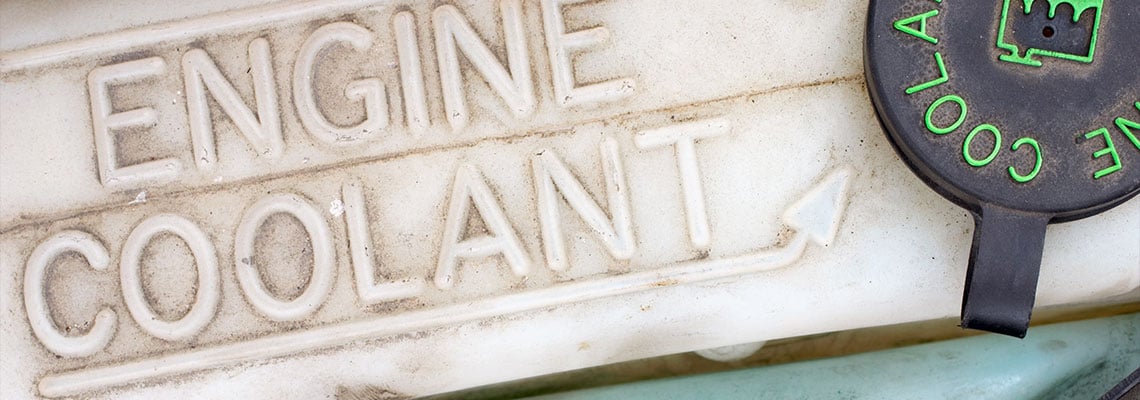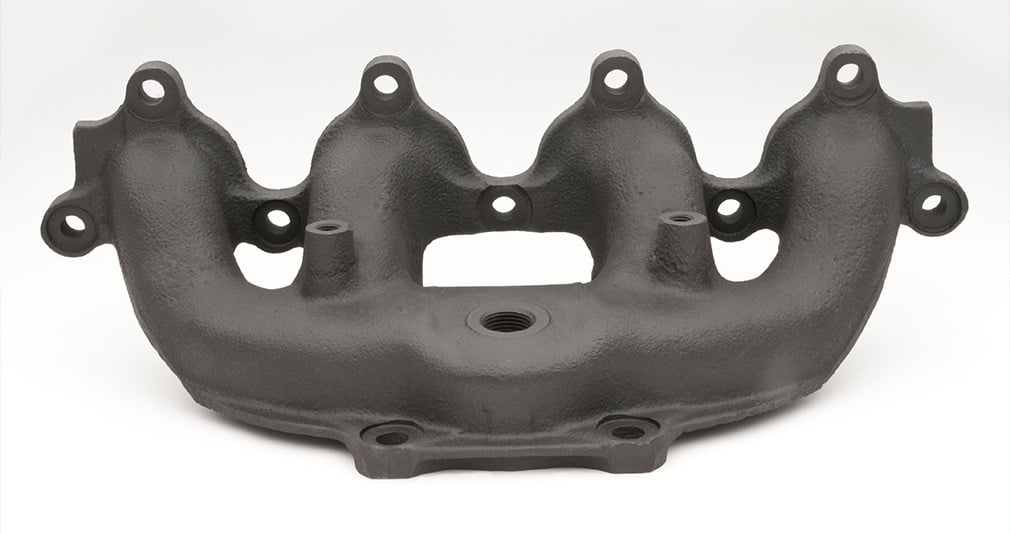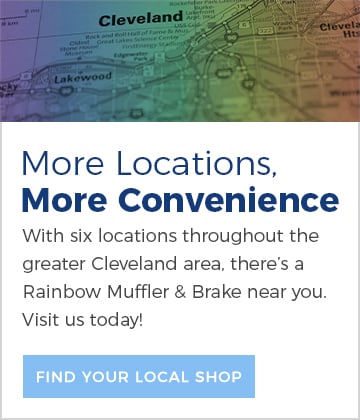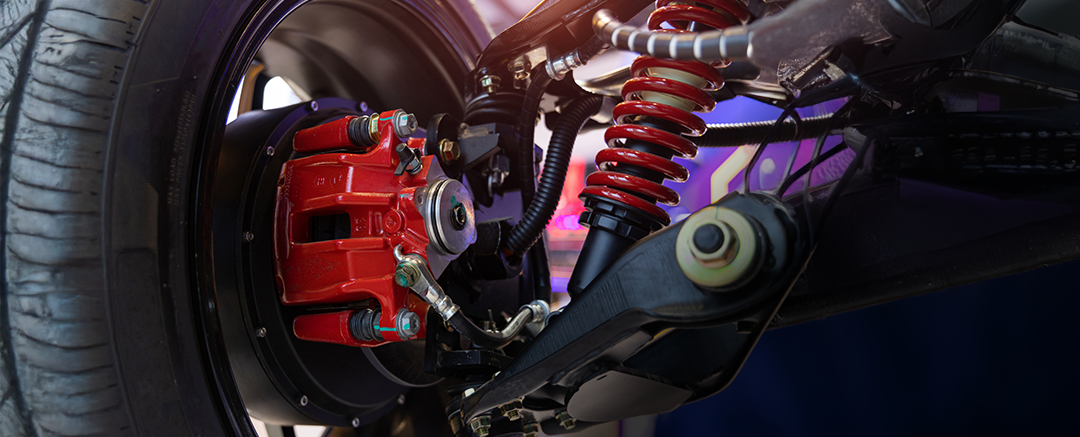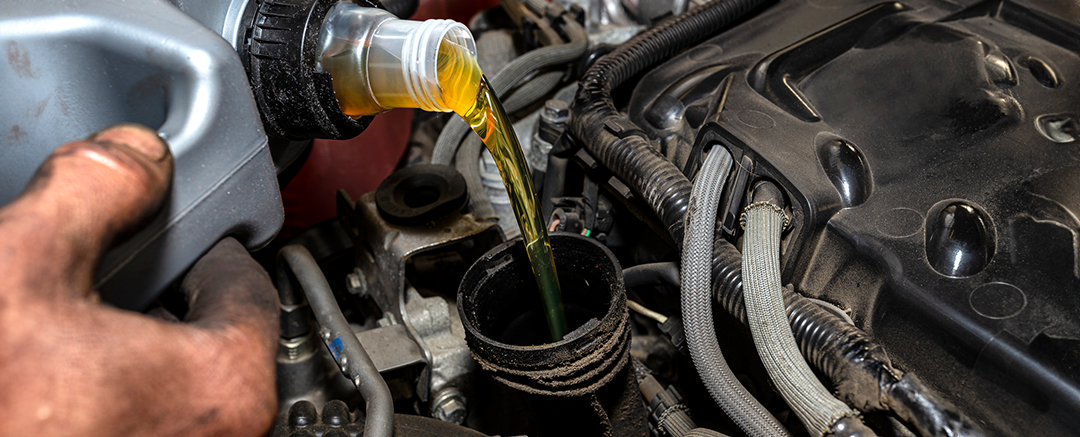When it comes to essential car components, your transmission ranks pretty high up there on the list. Your transmission is responsible for making sure that the right amount of power is delivered to your wheels when you’re driving. If it fails, you need to take care of it right away by seeking out dependable transmission repair in Cleveland, OH.
Of course, the easiest way to avoid transmission repair is to know what causes a blown or broken transmission and learn what you can do to prevent it. Let’s look at some of the signs of a failing transmission, what can affect the life of your transmission and what to do if your transmission waves the white flag.
5 Warning Signs Your Transmission Is Failing
If you’re listening to your car — and you know what you’re looking for — there are warning signs that your transmission is in trouble. Here are five ways you can tell you need to have your transmission looked at.
- Transmission warning light comes on. This is the easiest and most obvious way to know that there’s a problem with your transmission. Sensors in your car will alert the vehicle’s computer if there are any abnormal readings. The computer will store the code that tells it what the issue is, and the transmission warning light on the dash will come on to let you know there’s an issue. There are several reasons this light might come on; it can be due to the transmission fluid temperature being higher than normal, too much pressure inside the transmission or because the fluid level is too low. Continuing to drive with the transmission warning light on is risky and could lead to extensive (and expensive) repairs.
- Slipping transmission. When your transmission begins to slip, it means that even though the engine is responding, you aren’t getting the appropriate amount of traction from your car. It might feel a bit like you’ve just hit a patch of ice; the engine might rev as you press down on the gas pedal, but there’s a delay in acceleration. Then, when it does finally go into gear, it will be jerky rather than smooth and your car will jump forward.
- Unusual sounds. Regardless of whether you have an automatic or a manual transmission, when it fails, it will usually not go quietly. Automatic transmissions usually begin to buzz, whine or hum when they are failing, while a manual transmission will sound (and feel) like the gears are grinding.
- Smells and leaks. Cars leak a variety of fluids, which is why you need to be able to recognize the different types of automotive fluids. If you are leaking RED fluid, it’s usually an issue with your transmission. You might also notice an unusual smell coming from underneath your car, which is the result of the fluid burning. Either one signals it’s time to get into the auto repair shop.
- Noise in neutral. Typically, a car with a failing transmission will make unusual noises when you shift the gears, but if you hear a lot of noise while in neutral, it could signal worn bearings, failing gear teeth or another mechanical problem.
Why Transmissions Fail
As with other types of mechanical failure, a number of things can lead to a failing transmission. The way you drive your car affects all of the parts of a car, but aggressive driving is particularly hard on transmissions. If you lean toward jackrabbit starts and tend to race from one stop light to the next, your transmission has to work hard to keep up and shift through all the gears in such a short time. But that’s not the only way that daily driving can take a toll on your transmission.
In Ohio, where winters are extremely cold, transmissions can suffer the consequences. Seals will shrink, which makes them more susceptible to leaking, and the transmission fluid gets thick and sluggish. It won’t be able to lubricate parts as well, which means premature wear and tear.
If water gets in the transmission — which can happen if you have to drive through deep snow — it can freeze and damage the transmission body. You can help offset some of the effects of weather by letting your engine warm up before you drive, keeping your car in a garage and avoiding things like snow banks and deep puddles that might allow moisture to get inside your transmission.
Extreme heat also takes a toll on transmissions; in fact, about 90% of automatic transmission failures are the result of overheating. That, in turn, damages the fluid’s ability to lubricate parts and can lead to leaking seals that will lose liquid. If it gets too hot, the transmission will start to slip and you won’t be able to drive.
If you tow heavier loads than your vehicle is built for, that can also result in transmission failure. As the transmission works harder, it might overheat, so if you are going to do a significant amount of heavy hauling, you might want to consider getting an auxiliary transmission fluid cooler to keep it from overheating.
Other conditions that affect the longevity of your transmission will include driving it in dirty or dusty environments, making a lot of short trips, putting an extreme amount of mileage on your vehicle in a short time and spending a lot of time in stop-and-go traffic.
Preventing Transmission Failure
When you know what causes transmissions to fail, you can take the necessary precautions to keep your transmission safe. Don’t ignore maintenance on your transmission, and always follow your trusted auto mechanic’s recommended maintenance guidelines. Ask them to inspect your transmission components for signs of wear and check the fluid to make sure it’s at the right level and is the right color. Also, be sure to check out our blog post on transmission fluid changes so you can learn more about the role of transmission fluid and when you should change it for optimal performance and longevity.
If you see signs of leakage, make sure you take action as quickly as possible; you can save time, money and perhaps even your transmission itself if you take proper care of it.
To save big on any leakage inspections, oil changes, or even auto repairs, check out all of our exclusive discounts and coupons for oil changes, tune-ups and more. With our free alignment check and undercarriage inspection, you have nothing to lose!



